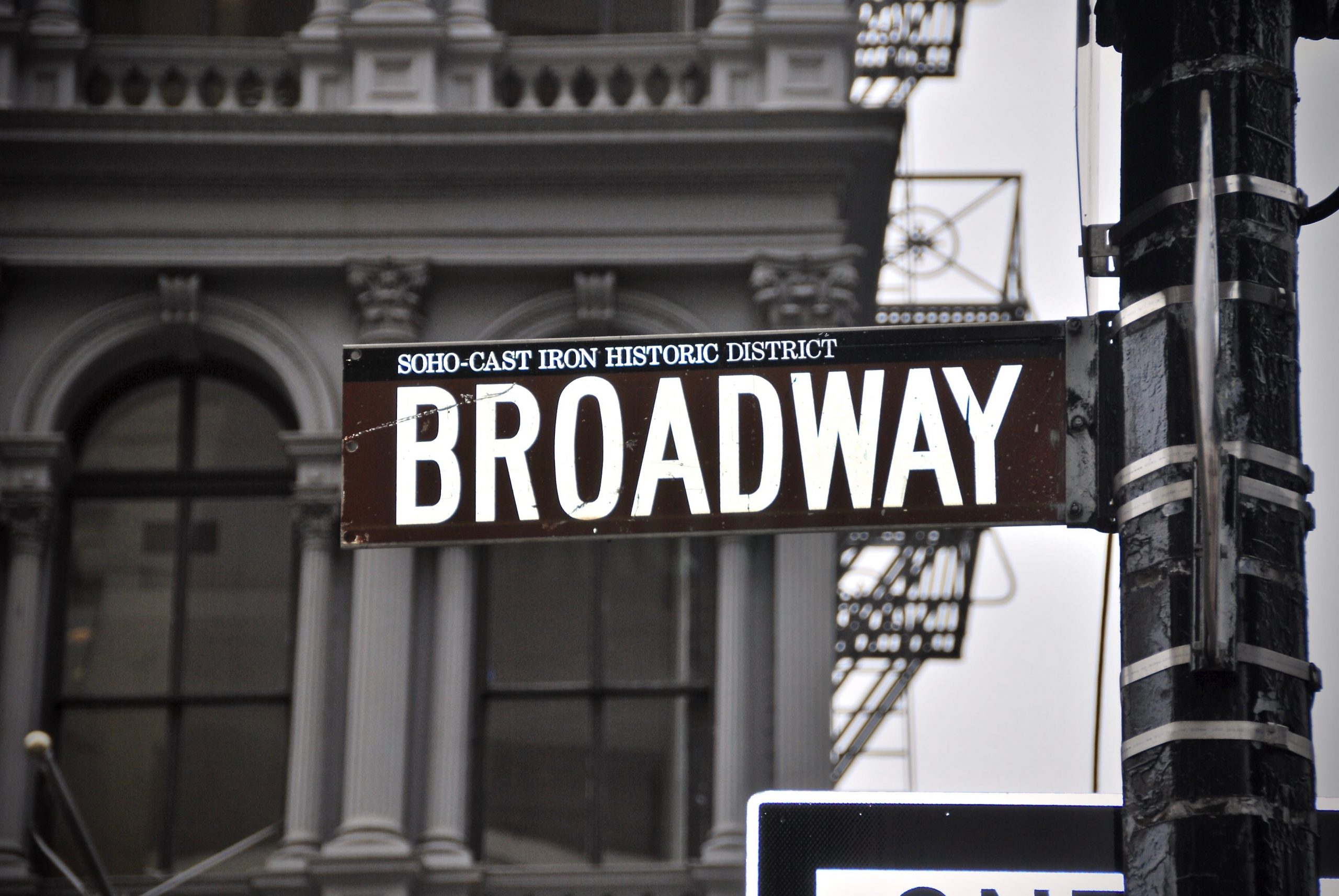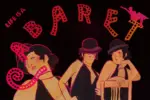The Antonyos, an award show presented by Broadway Black, are a brand-new riff on the Tony Awards. The inaugural Antonyo ceremony was streamed on June 19, or Juneteenth, the date slavery was officially abolished in the United States. While not live, it was filmed and edited in a Zoom-like format, featuring award presentations, medleys and skits. It honored, in gender-neutral categories, Black artists and their work, onstage and off.
Theater has been racist for a long time, overtly and covertly. You can trace modern theater, particularly musical theater, to the minstrel shows of the 19th century. Even shows with BIPOC characters often feature them in only secondary or stereotypical roles. “Color-blind casting,” or casting without regard to race, is still not really the norm, and even when shows try to do it, the same patterns can emerge.
When #OscarsSoWhite first trended on Twitter, Broadway happened to have a Tony-eligible show with a heavily BIPOC cast: 2015’s “The King and I.” This was followed in 2016 by “Hamilton,” “The Color Purple,” “Eclipsed” and “Shuffle Along, or, the Making of the Musical Sensation of 1921 and All That Followed.” These productions racked up Tony wins and nominations, most importantly in acting categories. It made Broadway look more diverse than it really was, and the trend continued.
“The Band’s Visit,” featuring almost entirely Middle Eastern actors, swept the Tonys in 2018; all three nominated actors won their respective categories, and the show won seven other awards, including best musical. The following year, Ali Stroker (“The Glee Project”) won a Tony Award for her performance in the revival of Rodgers and Hammerstein’s “Oklahoma!,” making her the first person in a wheelchair to both be nominated for and win a Tony.
However, despite having a wheelchair user nominee who was heavily favored to win, there was no ramp onto the stage, so she waited backstage. To be fair, the cast of “Oklahoma!” had recently performed on that stage prior to the award presentation for best featured actress in a musical. When the show won best revival of a musical later in the evening, though, Stroker was not onstage celebrating with the rest of the cast because — guess what — no ramp. The image of her waiting backstage while the other nominees sat in the audience says a lot about the state of diversity on Broadway.
While the aforementioned shows represent only a sliver of what BIPOC performers and creators are doing on Broadway, they also represent only a sliver of what’s happening on Broadway, period. Most Broadway shows have no set end date, but it is only the shows that open during the eligibility period that are Tony eligible.
The resurgence of the Black Lives Matter movement, combined with theater’s racist history and current climate, led Broadway Black founder Drew Shade and fellow actor Dustin Ross to create the Antonyos.
In addition to the main awards, four special Kinfolk Awards were given out at the Antonyos ceremony this year, as well as a lifetime achievement award for actor Chuck Cooper. Shireen Pimentel, who, prior to the Broadway shutdown, had been starring as Maria in the revival of “West Side Story,” offered a brief commencement speech for the class of 2020. She herself was due to graduate this year, so the speech was as much for her as for the rest of 2020’s graduates.
Like most award shows, sometimes the humor fell flat, but Broadway Black also took time to educate its viewers on Black theater history. Early on, the show featured a medley titled “Black Theatre Firsts,” which featured songs from major milestones in the history of Black theater. The aforementioned show “Shuffle Along, or … ” tells the story of the 1921 musical “Shuffle Along,” one of the first Black shows to draw in major — mostly white — audiences. It was featured at the top of the medley.
Songs from “The Wiz” and “Phantom of the Opera” were also included. Fun facts were displayed while actors sang. For example, I learned there has not yet been a Black Christine in the Broadway production of “Phantom.” (In 2016, Asian American actress Ali Ewoldt became the first BIPOC actress to play the role on Broadway.)
Other performances featured famous monologues from plays by Black artists and beautiful renditions of the musical theater standards “What I Did for Love,” from “A Chorus Line,” and “Being Alive,” from “Company.” The show put brilliant twists on both numbers.
“What I Did for Love” is a number about not regretting choices made in service of art. The song in the stage show comprises a discussion of career-ending injuries for dancers. At the Antonyos, it is placed after a skit where actors discuss taking token roles. The two actors in the skit vow never to do so, but when one of them is offered the role of the sole BIPOC character in “Dear Evan Hansen,” she takes it without hesitation because it allows her to be on Broadway as she’s always dreamed of. The placement of the song gives new meaning to its line, “We did what we had to do.”
“Company,” meanwhile, is all about relationships and marriage, and it ends with the character of Bobby deciding to pursue both because “alone is alone, not alive.” At the Antonyos, though, “Being Alive” is placed after a brief memorial to victims of police brutality and racially charged murders, most notably George Floyd, Breonna Taylor and Ahmaud Arbery. “I’ll always be there, as frightened as you, to help us survive being alive” feels more like a reminder of love and community rather than the wish Bobby expresses in the original. The song becomes an anthem of living and creating despite fear.
The Antonyos do not solve Broadway’s access or diversity problems. They are not a pat on the back to investors or creators who provide token roles for BIPOC performers. They are a chance to shine a light on the imagination, talent and resilience of Black creators within a flawed system. According to Shade, “The Antonyo Awards seeks to fill the gap between black talent and public acknowledgement. Not in competition, but in the spirit of community and celebration. We uplift black theater artists because our lives matter and our art matters.”
You can watch the full ceremony here.

















